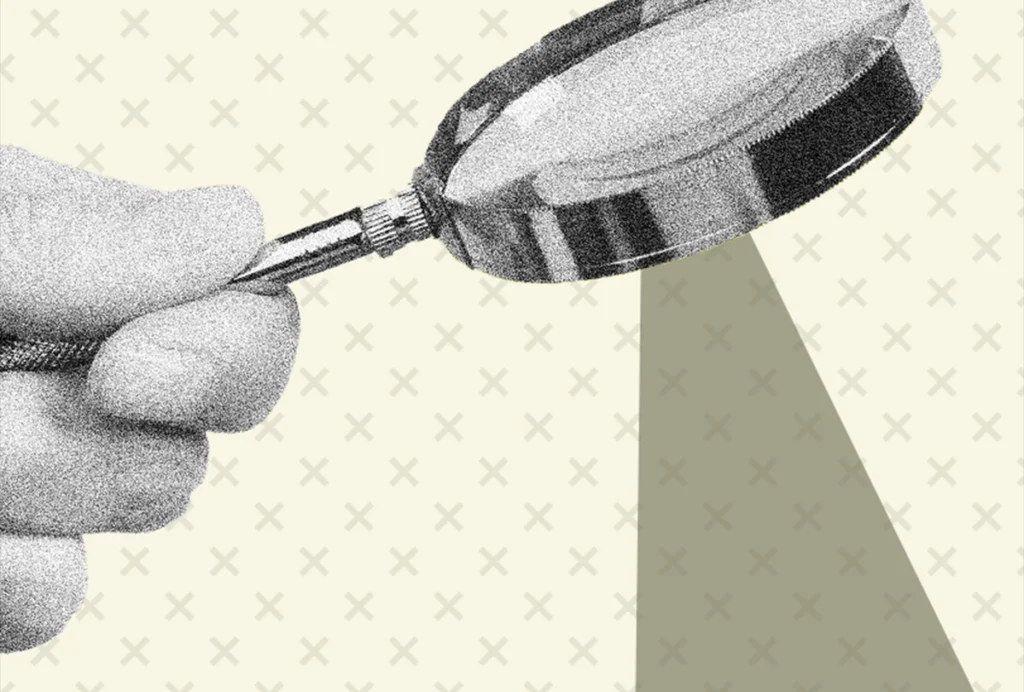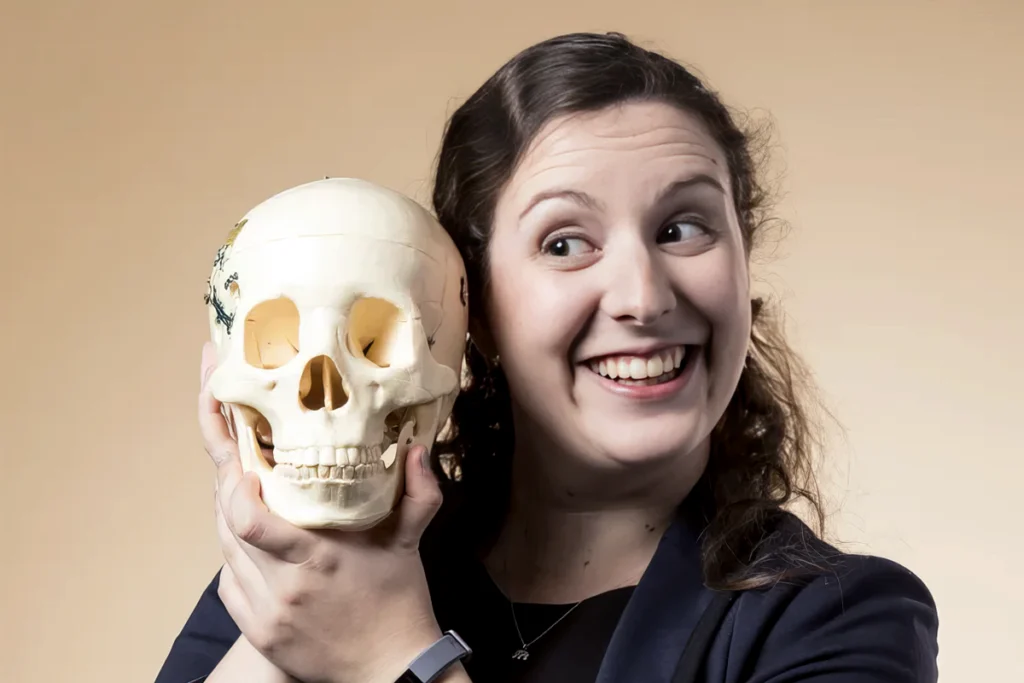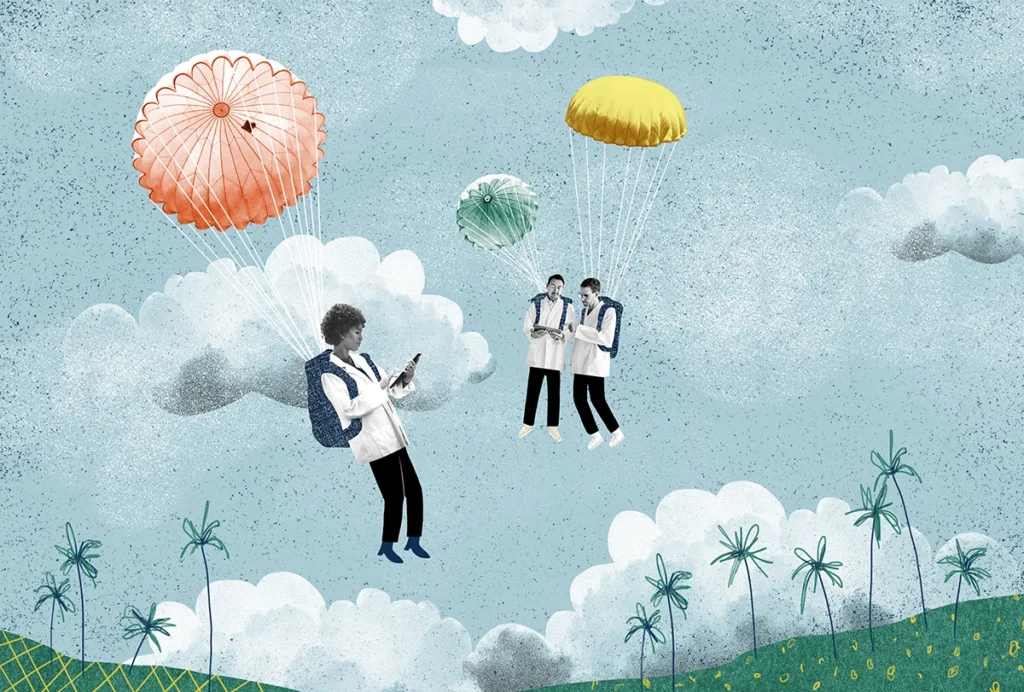- Autistic people have higher rates of death than non-autistic people, both from natural causes and by suicide, according to a population-based study in Taiwan. Autism
- Gene-burden analysis for autism, combined with the study of altered functions in expressed proteins, has identified a novel gene variant. PLOS One
- Bicycle riding improves self-regulation in autistic children, and riding a two-wheeled bike rather than a stationary one also improves cognition, according to a small study. Autism
- Programmed cell death may play a role in autism, and specific necroptosis genes may serve as early biomarkers for the condition. Frontiers in Immunology
- One-tenth of adolescent girls and women hospitalized for eating disorders have an autism diagnosis, and 17 percent are suspected of having the condition, according to a small study. Journal of Eating Disorders
- Increased pay, training and support could mitigate high turnover rates among registered behavioral technicians working with autistic people. Behavioral Health Business
- Antisense oligonucleotides, long considered promising as therapeutics for conditions that stem from single-gene mutations, are unlikely to be profitable; the n-Lorem foundation has stepped in to do this work charitably. Spectrum interviewed the foundation’s chief medical officer earlier this year. Nature
- A new review explores altered interneuron function in fragile X syndrome as key to an imbalance between excitatory and inhibitory activity. Frontiers in Neuroscience
- Journal editors often ask submitting authors to add unnecessary citations to their manuscripts to secure publication, according to an analysis. Nature
- Black autistic children in the United States are more likely than their white peers to also have intellectual disability. Spectrum reported on shifts in autism prevalence in March. Journal of the American Academy of Child & Adolescent Psychiatry
 Organ origins: A 25-day monkey embryo grown in a laboratory shows early tissue differentiation.
Organ origins: A 25-day monkey embryo grown in a laboratory shows early tissue differentiation. - Social-communication skills correlate with the neuroanatomy of the cerebellum, according to a study in children with various psychiatric diagnoses. Molecular Autism
- Two laboratories have succeeded at keeping lab-grown monkey embryos alive for 25 days, making it possible to observe the beginning of organ formation. Nature
- Mice missing the MECP2 gene, a model of Rett syndrome, show greater permeability of the blood-brain barrier compared with control mice. Biomolecules
- Cultural norms may shape how autism traits are perceived, and therefore whether someone is disabled or not. Journal of Cross-Cultural Psychology
- Autistic children have more memory difficulties than non-autistic children, especially with regard to face memory and episodic memory. Biological Psychiatry: Cognitive Neuroscience and Neuroimaging
If you or someone you know is having suicidal thoughts, help is available. Here is a worldwide directory of resources and hotlines that you can call for support.


